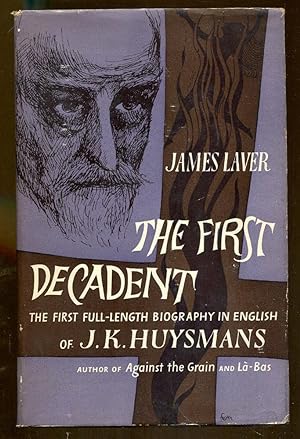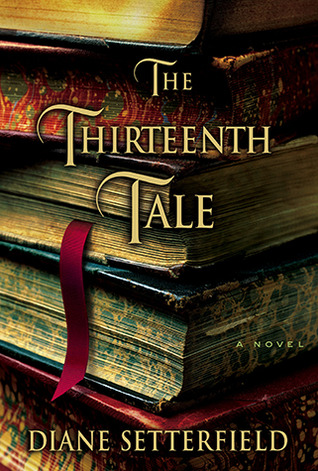The Mystery Writer by Sulari Gentill 286 pp
After dropping out of law school, Theo heads to her brother's house in Lawrence, KS to write a novel. Theo and her brother Gus are originally from Australia. While looking through the town for a good place to write, she finds a combination bar/coffee house called Benders. While writing there, she meets Dan Murdoch, a fellow author who has already been published, and they become friends. When she finishes her novel, she begs Dan to introduce her to his agent and to submit her novel. He originally says "no." Not finding Dan at Benders one day, she heads to his house to look for him. When she enters, she finds Dan dead. Of course she touches him and gets blood on her so when the police come and she's washing her hands she looks suspicious. Enter Gus who is a lawyer and his friend Mac, an investigator (who has a bunch of end-of-the-world preppers as family). What happens next is a combination spy/assassin/conspiracy theory story including a cult like following of Dan Murdoch who blames Theo for his death. Each chapter begins with a conversation between conspiracy theorists that is very 1/6.
This is a totally different type of story than The Woman in the Library but still about books. I really had to take time to think about this before I gave it any type of rating on either Goodreads or in Net Galley. There were many clever ideas in this story (which I can't talk about or you would be spoiled). Some might say these were too cute. In the US where January 6 will be talked about for years, the conspiracy theories will ring true. While I know "preppers" exist, it is interesting to think of people who are so crazy about an author that they would become violent upon hearing of their death (even in the case of murder). While I enjoyed this story, I would say there may have been too many weird things piled up on each other for me to love it as much as The Woman in the Library. 3.5 stars rounding up to 4 for creativity.









